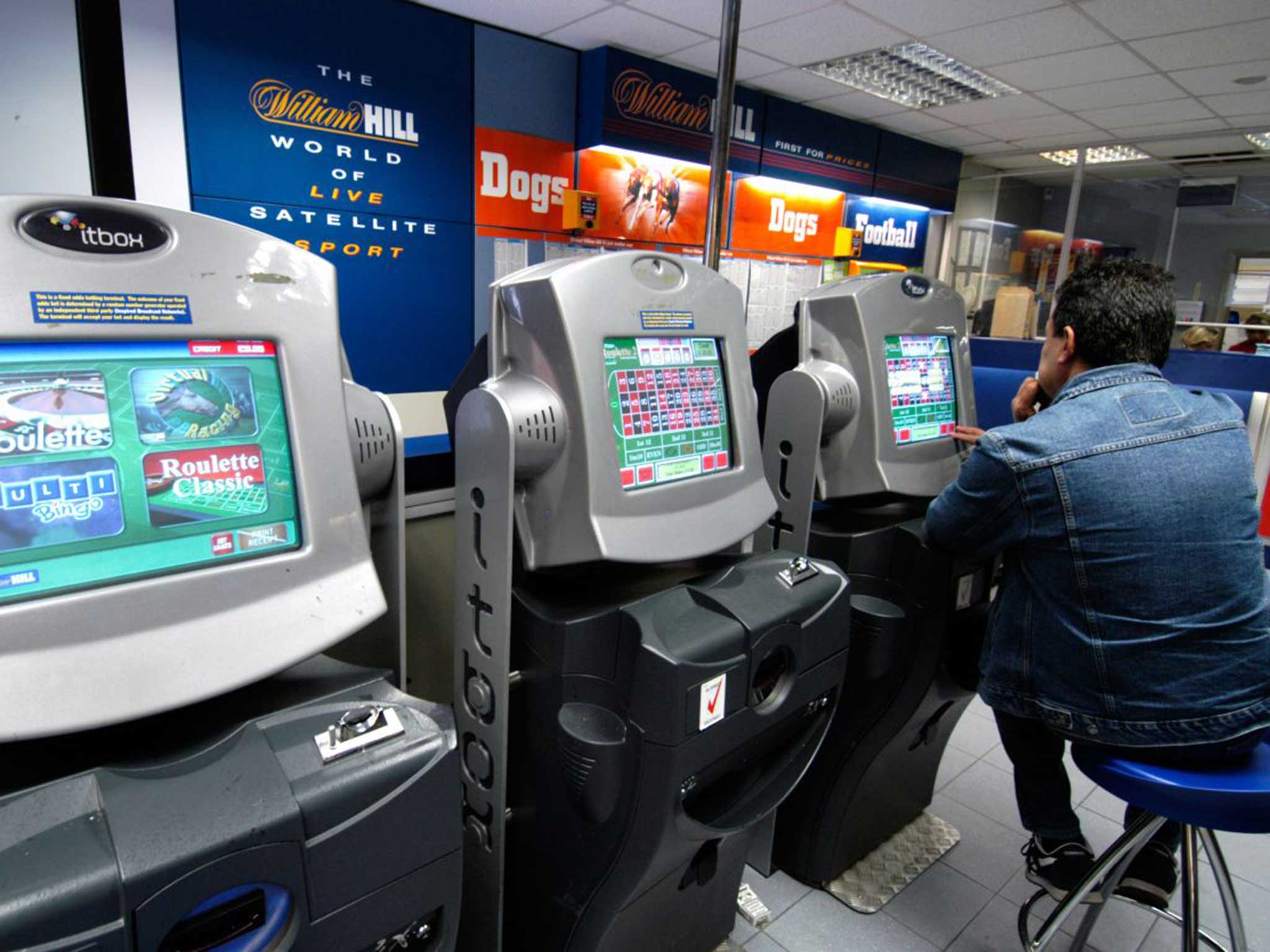My dad went to jail after stealing £50,000 for a betting addiction. The Euros gambling ads aren't harmless
Aggressively marketing gambling as some kind of laddish pastime which could bag you a small fortune means that gambling addiction is on the rise. My dad himself admits he was lured to bet many more times than he wanted to by constant advertising

Two years ago my father ended up in jail because of online gambling. He stole £50,000 from his employers to pay for his gambling addiction – both the addiction and his court case were kept secret from me, my mum and my two brothers. I was 21 at the time and we all received a devastating shock one evening when a solicitor called us to tell us that our father was in the back of a van on his way to prison. My father had a gambling addiction, a disorder in the mind which is likened to drug and alcohol abuse.
For this reason, watching the endless stream of gambling advertisements during the Euros has made me deeply uneasy. Encouragement for in-game betting and even offers promising a free bet if you lose on your first go has risen 600 per cent since the sector was deregulated in 2007 according to Ofcom research.
Gambling activates the endorphin which can give you a buzz or a ‘high’ and keeps you wanting more. Aggressively marketing gambling as some kind of laddish pastime which could bag you a small fortune means that gambling addiction is on the rise. My dad himself admits he was lured to bet many more times than he wanted to by constant advertising to him. Even those not addicted could easily be led near the verge of unaffordable gambling by the sheer scale of advertising. A matter for personal choice you might say, but if an addiction is taking hold or you are susceptible to this kind of marketing it can be difficult to stay in control.
According to NHS there may be as many as 593,000 problem gamblers in Great Britain. Statistics show that only around 5 per cent of people seek help and only 1 per cent receive treatment for their gambling problem.
Gambling is a regulated industry and companies spend money to ensure support is made available for those who suffer with gambling related problems. I also accept that the industry is running campaigns to educate people around responsible gambling – but I still can’t help but think that this huge rise in advertisements is seriously unhealthy.
If the volume of betting shops on the high street needs to be carefully considered under local planning guidelines then why shouldn’t advertising in its other forms be given a review too? I don’t want gambling to be banned or stopped but there needs to be a sensible, considered approach to advertising planning which reduces potential for harm to arise through the potential dangers in gambling.
Join our commenting forum
Join thought-provoking conversations, follow other Independent readers and see their replies
Comments